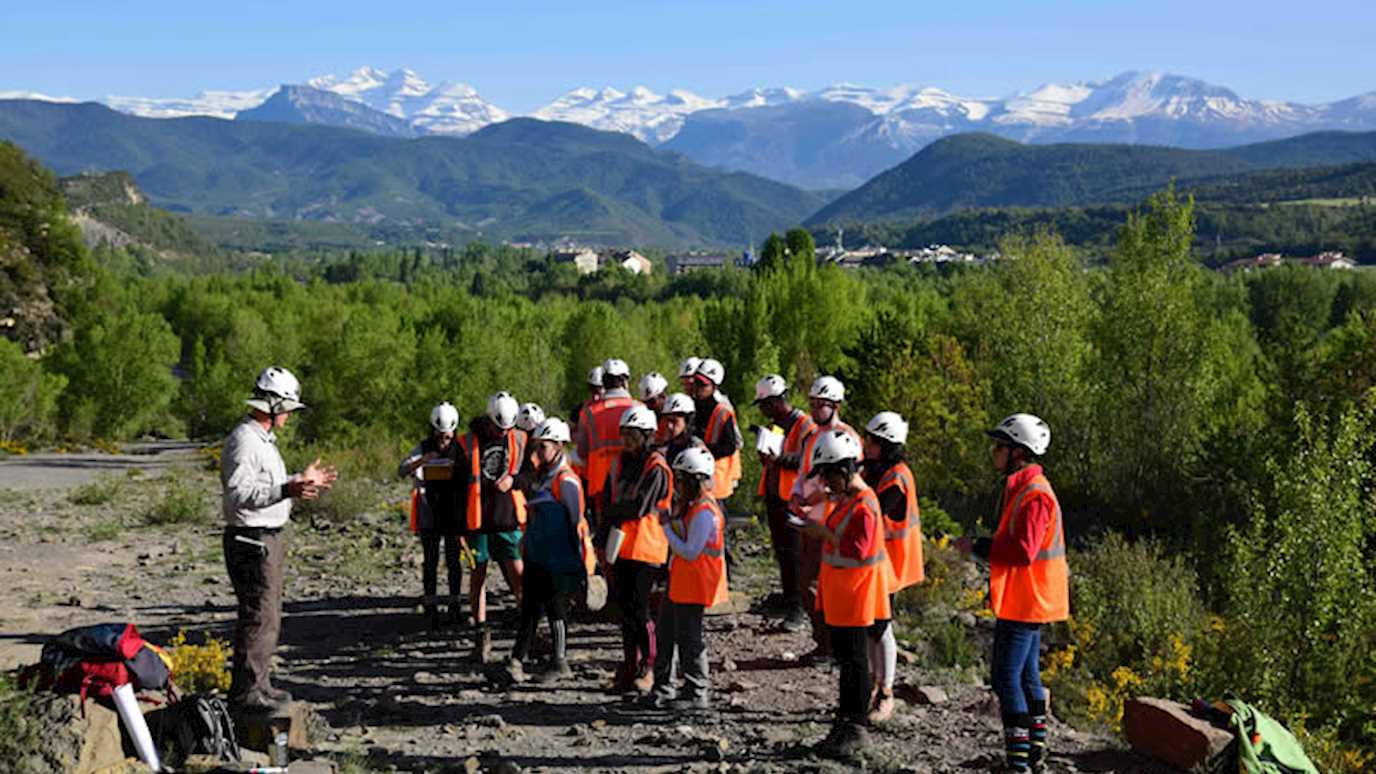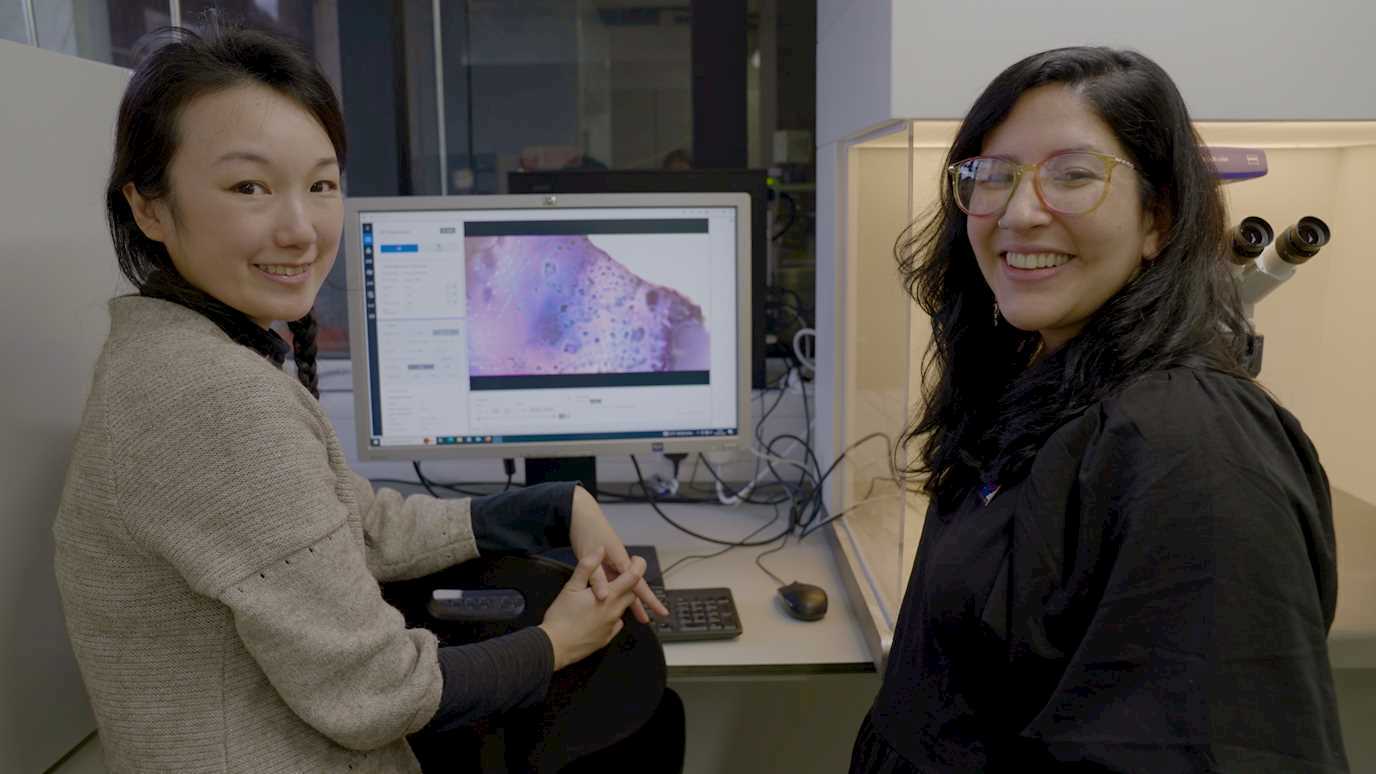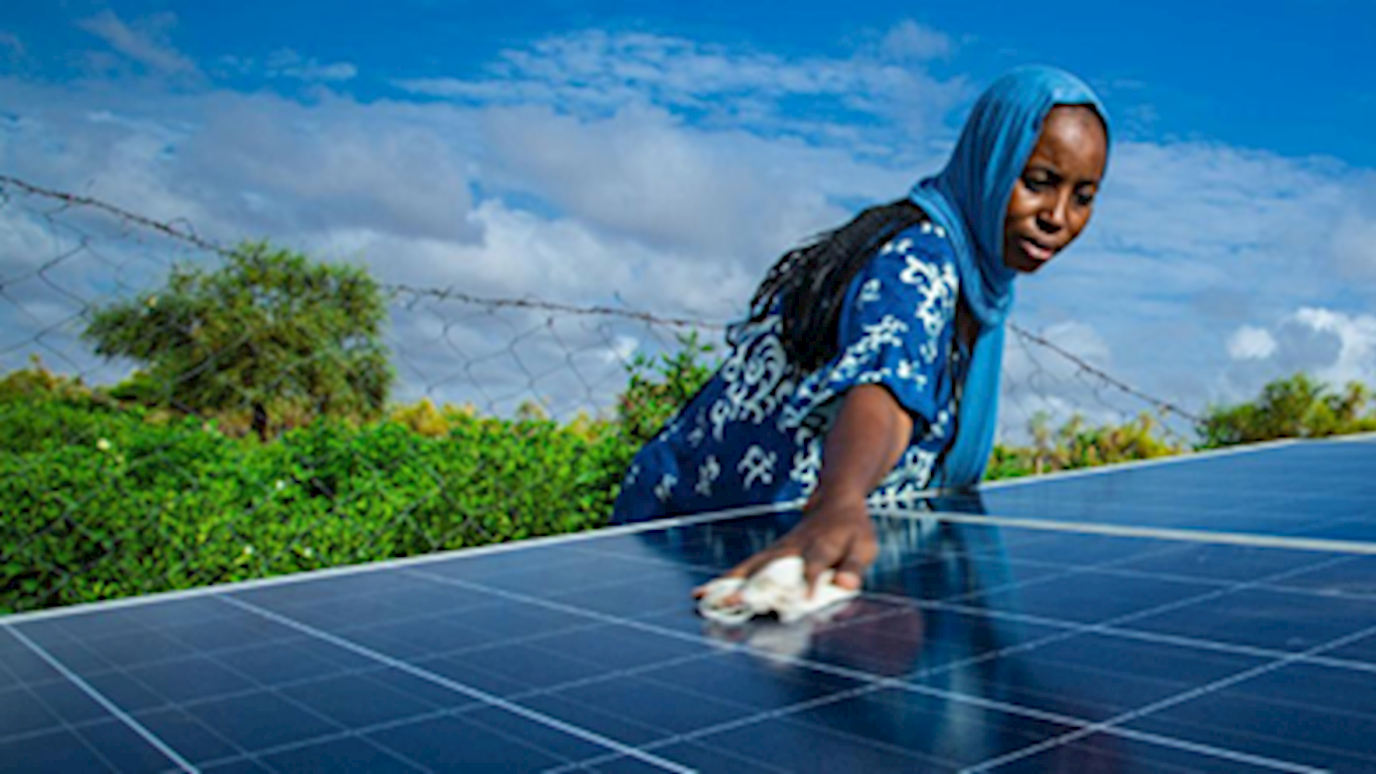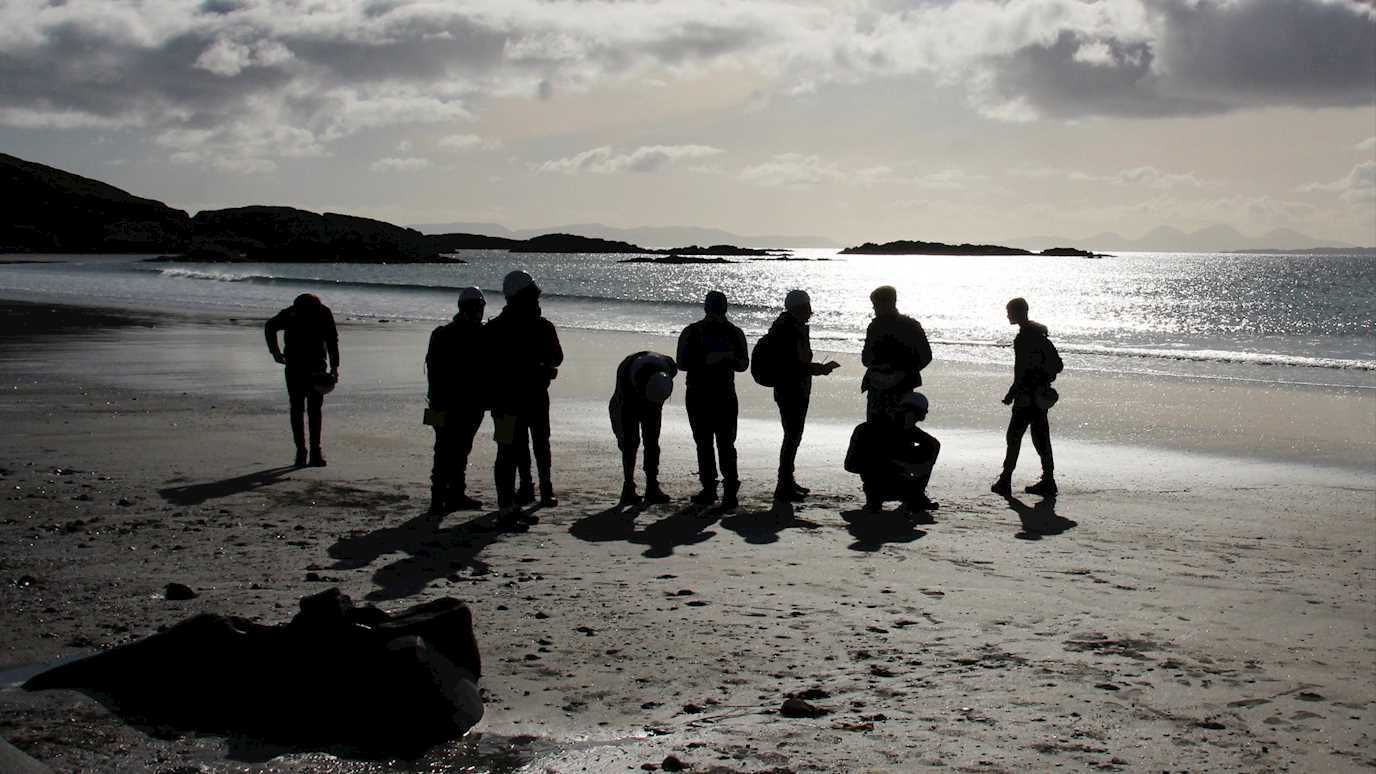Our Geoscience and Sustainable Energy students Alfie Prosser and Cameron Law describe why their degree is so important for a sustainable world, and what to expect when you’re studying it.
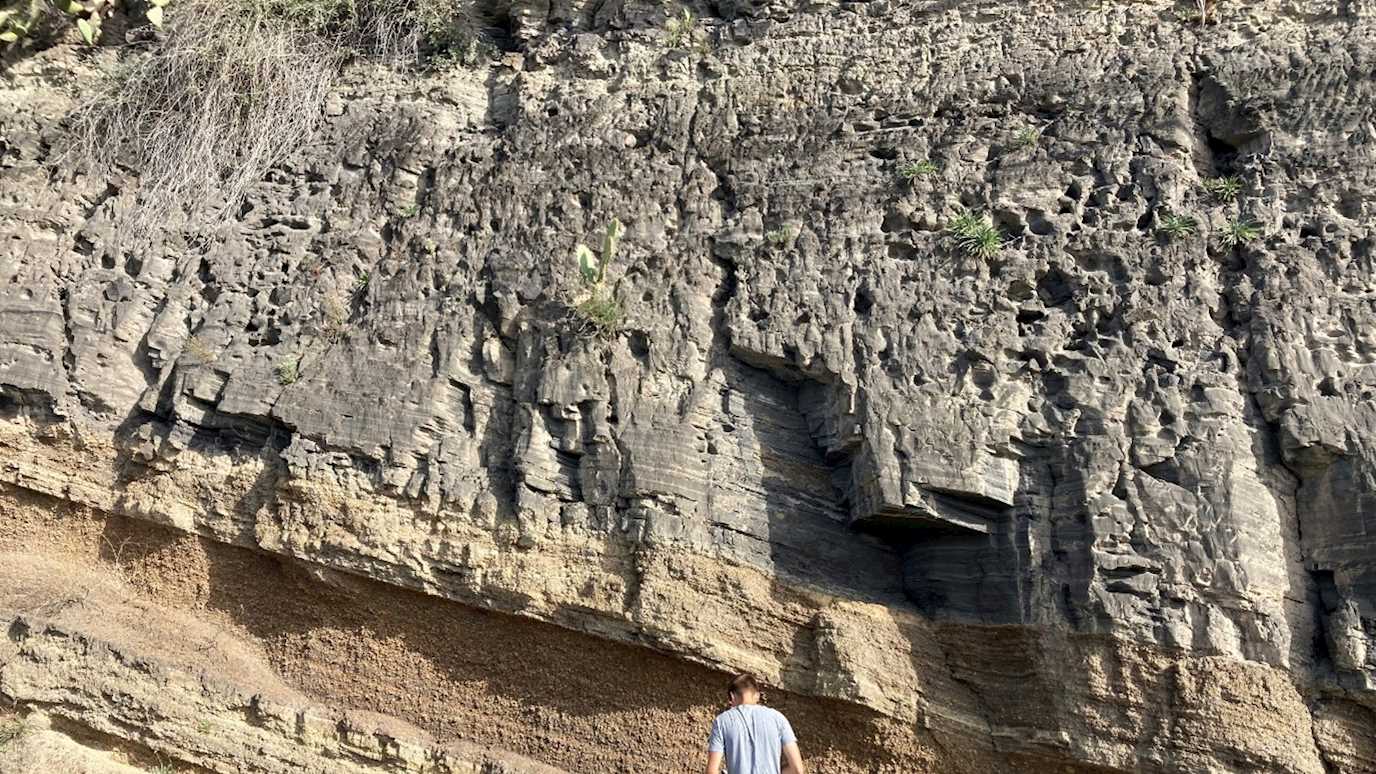
We are all aware of the prominent issue of rapid climate change, which has never been experienced at such a rate throughout Earths history. It results in more frequent and magnified geohazards, as well as drastic alteration of Earth systems. It is undeniable that human influence is the leading factor in the cause of such changes, and we must look to mitigate our impacts now. This will require developing our sustainable energy options, increasing accessibility and affordability, to reduce the threat to our habitability, in a world with an ever-increasing population.
Studying Geosciences and Sustainable Energy will allow you to begin your journey towards helping provide solutions to such a complex global issue. Developing your understanding of Geosciences will provide you with a deep knowledge of the Earth and its geology, including tectonic environments, sedimentology and the physics and chemistry of the Earth. You will learn sought-after analytical skills such as subsurface and structural analysis, alongside computational programming and working with geographic information systems. These will all be required for the energy transition, for example, the exploration of energy-critical elements, carbon capture and storage and the identification of compatible sites for sustainable energy resources.
A large part of the course constitutes producing a 1:10,000 geological map of our chosen area. For us, this was the island of Lipari in Sicily in which we mapped the entirety of the west side (~15km2 ). Geological mapping plays a crucial role in the energy transition, a skill that is becoming ever more sought after within industry, particularly as part of the search for energy-critical elements.
With the aid of Dr Amy Gough, our mapping supervisor, we each assigned ourselves a separate renewable energy discipline: Wind Energy potential, Solar Energy potential, and Geothermal potential at a regional scale as well as locally & energy-critical elements.
Applying our knowledge from modules we had learnt previously enabled us to really get a glimpse of how our knowledge can be used first-hand to solve issues within the natural world. The hands-on experience and independence of mapping the island's geological features provided valuable insights into its renewable energy potential, the active fumaroles definitely being one of our favourites.
Studying sustainable energy alongside geosciences, allows you to apply your geological knowledge to the development and adaptation of the energy sector. Your insight into sustainable energy will be advanced as you will learn about different solutions such as wind, solar and hydro energy. In addition, geothermal energy, which will become an increasingly important resource in the UK, with the implementation of heat pumps replacing conventional boiler systems. This proves that this innovative degree is at the forefront of science and will provide you with many opportunities in a highly employable industry.










